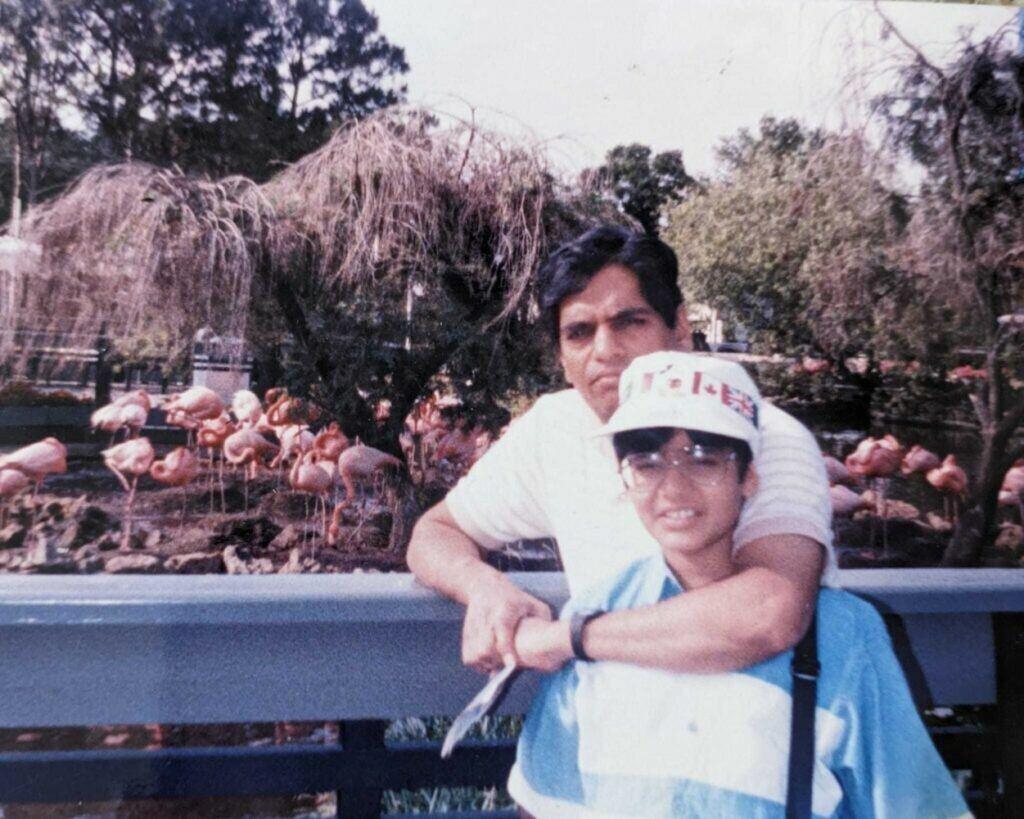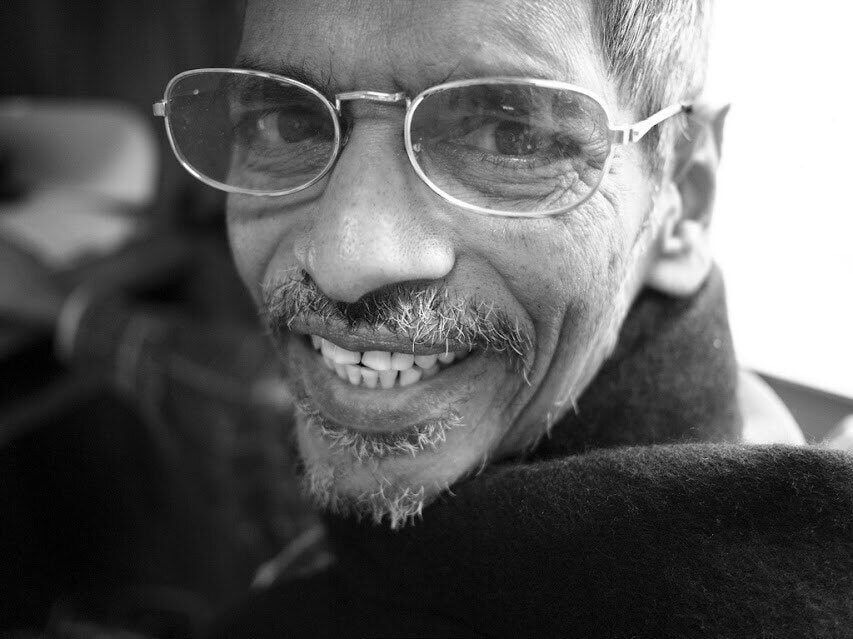I’ve spent years working in hospitals and clinics. Over countless hours I’ve learned from amazing professors and physicians.
But after all of this medical training, I learned my most important lesson in medicine from my father: In care, the examination room is a fine place for a doctor to lead his patient; but the living room is a much better place for a patient to lead his doctor.
My father was a large man in a 5’2” frame. He filled the room with his quick wit and laughter. The first in his family to attend college and immigrate to the US, he credited his success in life to his scientific approach and education as a research chemist. Science enabled him to control chemical reactions and discover new drugs. Precision gave him confidence. Exactness gave him power.

As my father grew older, he developed chronic conditions: hypertension, then diabetes, and ultimately ALS. As a chemist, he approached these challenges with scientific rigor. He titrated his medications against precisely measured blood pressure and blood sugar. He monitored his breathing and muscle strength, plotting graphs in his mind like results from experiments. Even when his handwriting became shaky, he kept careful notes in a small notepad the size of his shirt pocket.
Over time, I became his partner, accompanying him on his medical visits like a lab assistant. There, I observed an odd phenomenon. On the drive to the doctor, he was brimming with questions and feedback on his treatments, his notepad secured in his shirt pocket. But in the exam room, those notes stayed close to his chest. Filled with respect for his caring physicians, his confidence melted in grateful deference. Perched on a wax-papered exam table in his underwear and gown, he became a passenger of care, no longer a driver. His observations often went unshared. His questions were often left unasked.

As we shared his journey, as father and son, we learned. We learned that decisions about care – whether to have surgery on a neck artery or whether to enroll in a clinical trial – are not best made on an exam table. Decisions are better made across the kitchen table, over a cup of tea, advised by doctors but determined by values and commanded by the patient at home. Even as I gained professional confidence as a physician, for my father, my real value was at the kitchen table or over a phone call, as a son and caring supporter.
In this spirit, we build Patina with you, in your home. Because you ought to drive your own care, we meet you where you are. Because we believe in your strength, we see you where you are strongest, in your home. We can be with you in your living room within minutes, helping you over a video call exactly when you need us. We can check in over a chat message, making sure you feel better and have everything you need. We can visit when you need us, a familiar face bringing a stethoscope to you at home.
Honoring your values delivers meaning as well as medicine. Choices on how to live, how to love, and how to age can be informed by experts in care of adults over 65 who partner with you. Our priority is not just each appointment, but authentic relationships, built over time through listening and learning. Our priority is not just drugs or diagnostics, but decisions and dignity.
This is the type of care my father, the scientist, learned to conduct for himself. He respected his doctors and specialists as the best experts in his conditions, but he made his own decisions as the best expert in himself. He did it with the support of his family. He did this on his own terms, in his own home, the place where he lived and died. This is the care experience we all deserve.
Are you looking for a provider who supports the whole person, including condition management and more? Patina is a unique medical practice that supports your total health and well-being, as well as helps with care navigation and coordination. Please share your contact information and our team will reach out within a business day to answer any questions or schedule your first appointment.